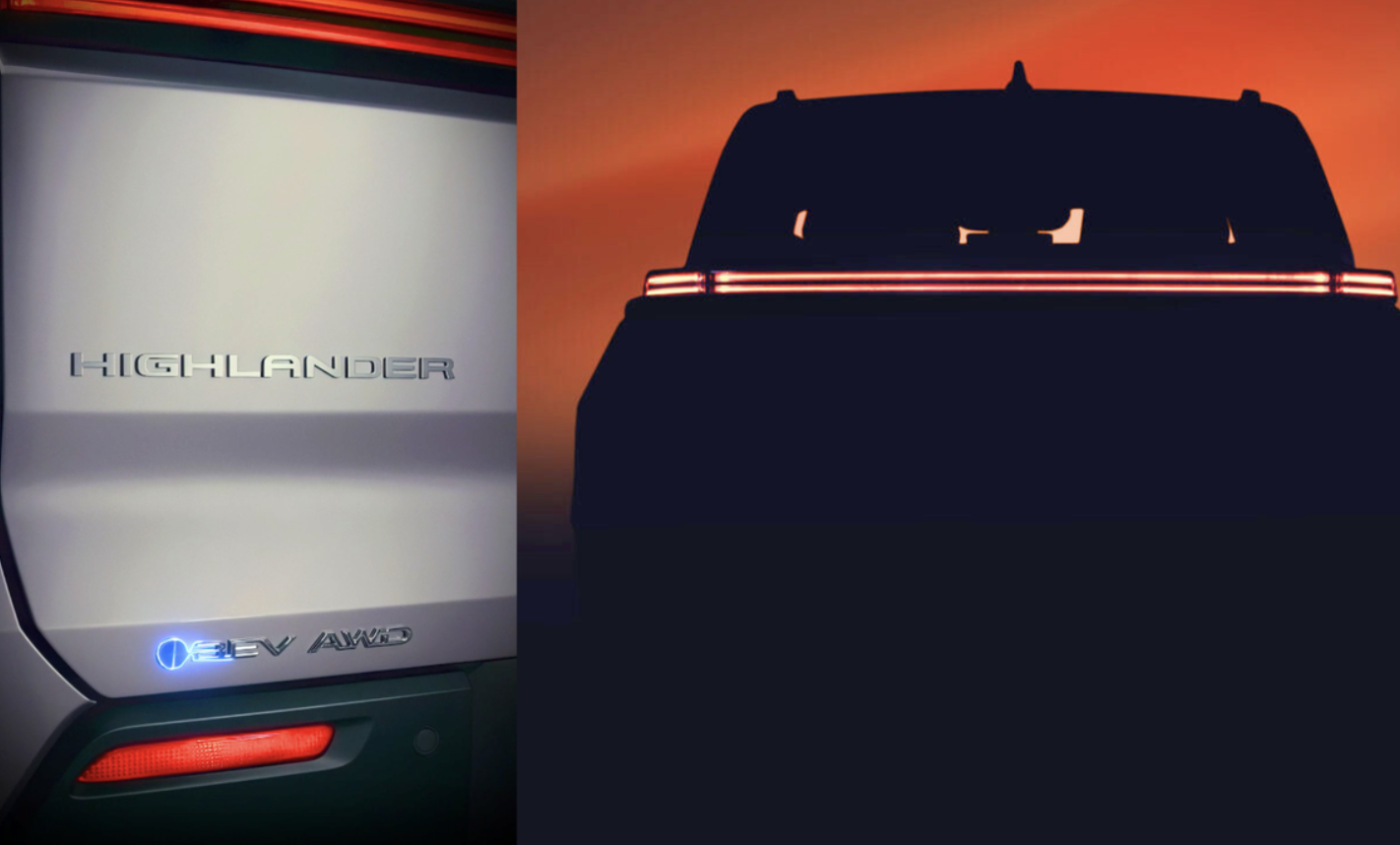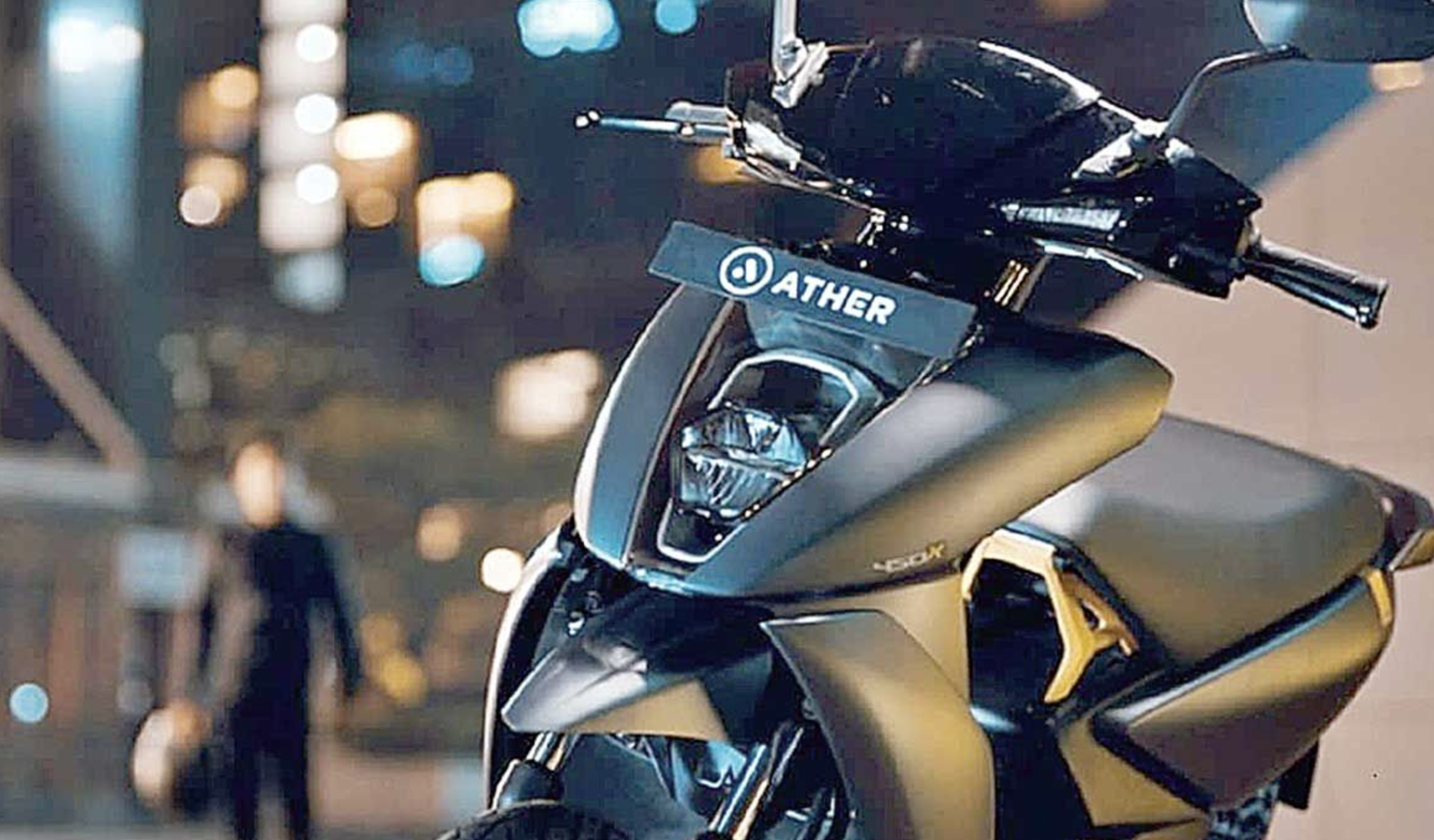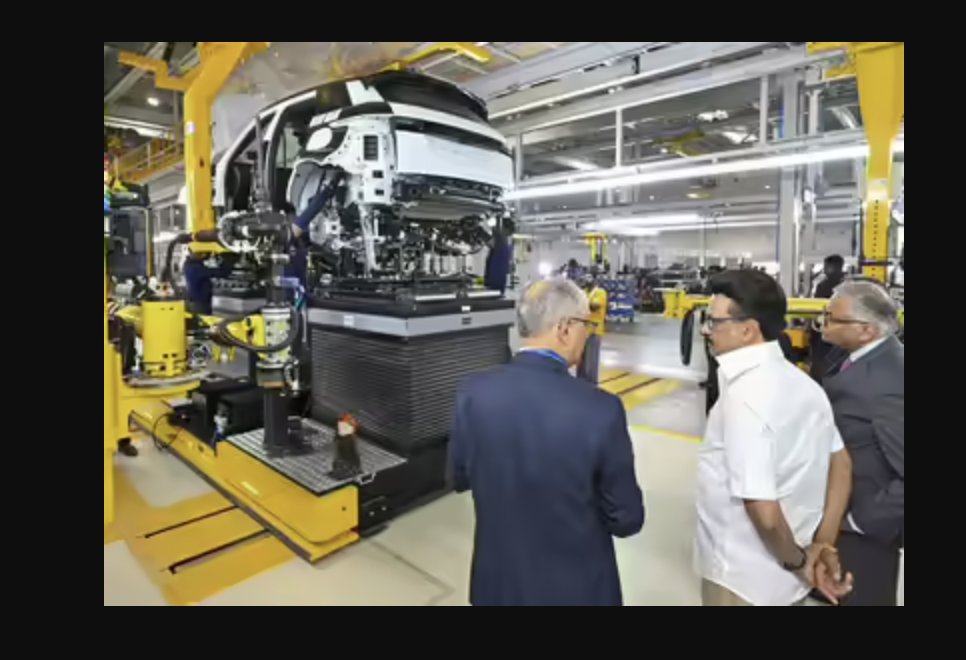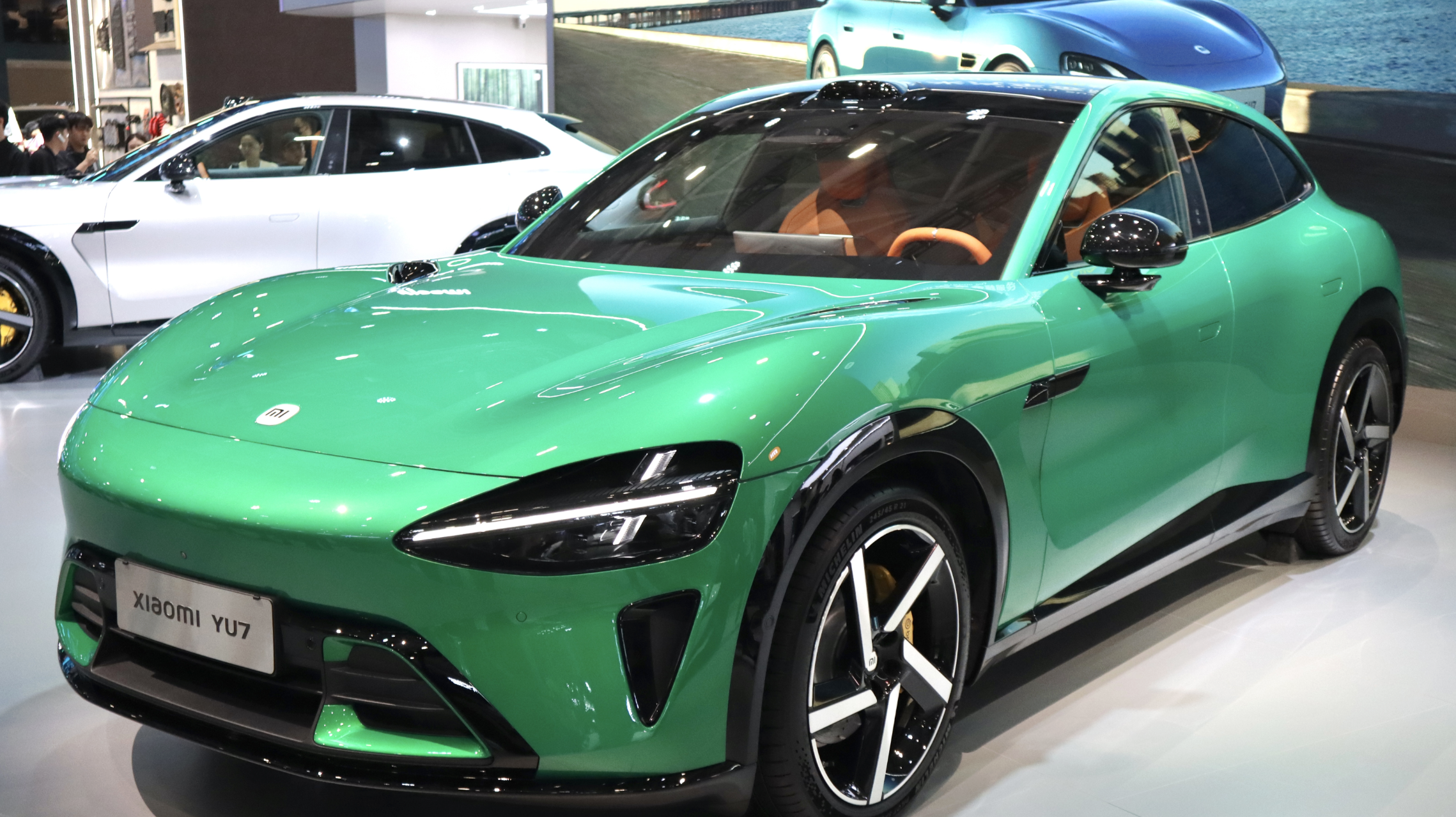Ashok Leyland, the Hinduja group’s flagship company, is making significant strides in eco-friendly transportation. Dr. N Saravanan, the company’s chief technology officer, has announced plans to introduce India’s first hydrogen-powered truck within the next 18-24 months. This development follows the unveiling of India’s first Hydrogen Internal Combustion Engine heavy-duty truck by Reliance Industries and Ashok Leyland last year.

Electric Truck Delivery Milestone
Contract Details
Ashok Leyland has secured a contract worth Rs 150 crore to supply 180 electric trucks to Billion Electric Mobility. This marks a significant step in the company’s commitment to sustainable transportation solutions.
Truck Specifications
The delivery includes various models:
- AVTR 55 tonne
- BOSS 19 tonne
- BOSS 14 tonne
These trucks are set to operate on the Chennai-Bengaluru and Chennai-Vijayawada routes.
Industry Firsts
Shenu Agarwal, Managing Director and CEO of Ashok Leyland, highlighted two significant achievements:
- BOSS Electric: India’s first electric truck in the ICV range
- AVTR 55 tonne electric: The first 4×2 tractor commercially offered by an Indian commercial vehicle manufacturer
Production Capabilities
Flexible Assembly Line
Ashok Leyland has established a flexible assembly line at its Hosur factory. This facility is equipped to produce:
- Electric trucks
- Trucks running on alternative fuels
Production Capacity
The plant boasts an annual production capacity of 5,000 units, demonstrating Ashok Leyland’s commitment to scaling up its green vehicle offerings.
Future Prospects
The company’s simultaneous development of electric and hydrogen-powered vehicles positions it at the forefront of India’s transition to sustainable transportation. This dual approach allows Ashok Leyland to cater to various market segments and environmental requirements.
Industry Implications
Ashok Leyland’s initiatives in electric and hydrogen-powered vehicles could potentially reshape the Indian commercial vehicle landscape. As these technologies become more prevalent, they may influence infrastructure development, fuel distribution networks, and environmental policies.
Challenges Ahead
While the company’s progress is noteworthy, the widespread adoption of electric and hydrogen-powered trucks will depend on various factors, including:
- Infrastructure development
- Cost considerations
- Government policies and incentives
- Market acceptance
As Ashok Leyland continues its green journey, the industry will be watching closely to see how these innovative vehicles perform in real-world conditions and their impact on India’s transportation sector.













